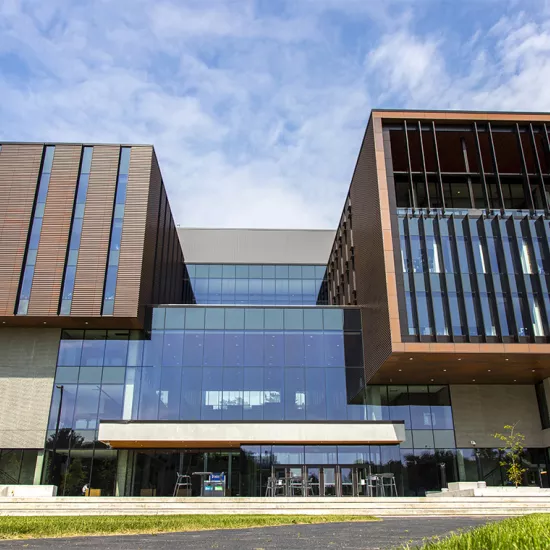Why Study Italian Studies?
Italian Studies at UTM offers students exciting opportunities to turn theory into practice through their own agency, linking a variety of real-world applications to course content through, for example, collaborate research projects, community-integrated work, discussions with renowned scholars and industry professionals. These programs allow students to consider questions such as the following:
- What impact does the "Made in Italy" phenomenon have on revealing, establishing, and reinforcing key societal norms and conventions?
- Through exposure to the Italian language and cultural experiences, what connections differences and similarities - can we make to our own stories?
- What intersections are there between the language as it’s presented in class and the language I speak at home?
- What changes has the Italian language undergone over time?
- How are the Italian language and culture experienced outside of Italy?
- What is the impact of the Italian language and culture outside of Italy?
- How do we deconstruct our current cultural views, beliefs, and misconceptions by identifying the historical, political, social, and cultural origins of language and culture?
- How can we increase our overall intercultural understanding and appreciation?
The Department of Language Studies at UTM offers several programs in Italian Studies:
- Italian Major (ERMAJ2524)
- Italian Language & Culture Minor (ERMIN2524)
- Italian Specialist (ERSPE2524)
- Major Program: Language Teaching & Learning: Italian (ERMAJ1249)
- Specialist Program: Language Teaching & Learning: French & Italian (ERSPE1092)
- Combined Degree Program
- This specialist program may count towards a combined degree (Honours Bachelor of Arts / Master of Teaching (MT)) from UTM and OISE
Courses in these programs serve a multitude of purposes:
- to allow students to recognize the relevance of the Italian language and culture;
- to promote an appreciation of the Italian language and culture in authentic environments;
- to assess the impact of how the origins and history of Italian food, fashion, and film intersect with other Italian cultural components such as political, socio-economics, economics, migration, gender, and self-expression;
- to provide students opportunities to employ spoken and written Italian with ease, spontaneity, and organically in both personal and professional contexts;
- to help students develop leadership skills throughout various collaborative opportunities, with peers and mentors;
- to bring together theory and practice through various academic customized experiences; and
- to connect how and why the practical learning experience applies to course content.
Italian Studies can be the first step along the path to numerous opportunities:
- Graduate Studies in different areas, such as: Italian Studies, Cinema Studies, Comparative Literature, Diaspora Studies, Sexual Diversity Studies
- Education
- Travel and Tourism
- Translating
- Editing
- Print and Online Media
- Health Care Facilities
- Business: Importing and Exporting



